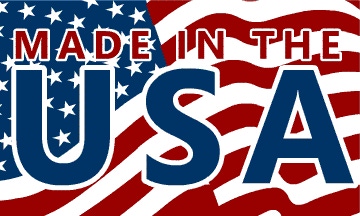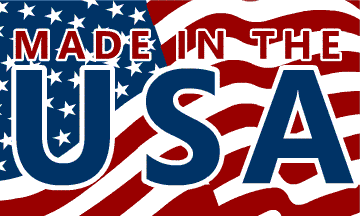February 9, 2014


'Made in the USA' labels
Results from the latest shopper research survey conducted by Perception Research Services (PRS) indicate that shoppers are motivated by "Made in the USA" claims on packaging as most say that they are more likely to purchase a product after noticing the "Made in the USA" claim on it. This claim has resonated with baby boomers in the past, and is now influencing Millenials more so than in prior years.
According to the Boston Consulting Group's (BCG) Center for Consumer and Customer Insight, U.S. Millennials are receptive to cause marketing and are more likely than non-Millenials to purchase items associated with a particular cause (37 percent versus 30 percent). Consistent with 2012, the PRS study shows that the primary reason shoppers claim they are more likely to purchase "Made in the USA" products is to "help the economy." Considering that Millennial shoppers may still be feeling the effects of the last recession, it makes sense that they want to reinvigorate the U.S. economy.
Another reason many shoppers claim to prefer "Made in the USA" products is because they are perceived to be higher quality and worth paying more for. According to the BCG, "when considering similar products made in the U.S. vs. China, the average American is willing to pay up to 60 percent more for U.S. made products."
However, this may vary greatly based on the specific product category. Recent sales data suggest that many apparel shoppers are willing to forgo some level of product quality in order to pay less. According to industry analysts at NPD, many T-shirts that are bought today are lighter than they used to be since manufacturers had to take things out to keep the price the same.
But Wal-Mart, for one, is pushing to have it both ways—maintain low costs while still providing American made goods. Walmart asserts it is giving its suppliers added incentives that would increase sourcing of American-made products by $50 billion over the next 10 years and create more than 1,600 American jobs.
A wide range of companies such as Apple, General Electric and Brooks Brothers are also experimenting with making more products in the U.S. However, the shift to more American-made products may not be entirely patriotic. For many, manufacturing abroad no longer makes sense. Either it is becoming too costly or they feel they are lacking a competitive edge. In some cases they want to meet consumers' desire for American-made goods, or they simply want to get merchandise from the design phase into stores within weeks rather than months in order to be "of the moment".
Importantly, for the shoppers in our study, the majority of products they say they would prefer to purchase if American-made are food, medicine and personal care items—suggesting that quality and safety may be the true motivating factors. This may be, in part, because for these lower priced items, the cost savings may not be substantial enough to sacrifice quality.
"Manufacturers of American-made products would do well to clearly state this fact as it is a meaningful point-of-difference. This is certainly true if all else is equal, and in some cases, could provide a sufficient level of quality assurance to justify a higher price," says Jonathan Asher, evp of PRS. "As Millennials enter their peak purchasing power years, it will benefit manufacturers to provide more "Made in the USA" products, and overtly tout this claim," Asher continued, "as this group is likely to be increasingly interested in buying American."
This research for "Made in the USA" was conducted in July 2013 among over 1500 consumers, aged 18+, drawn from a nationally representative online sample in the United States.
Source: Perception Research Services
.
About the Author(s)
You May Also Like


